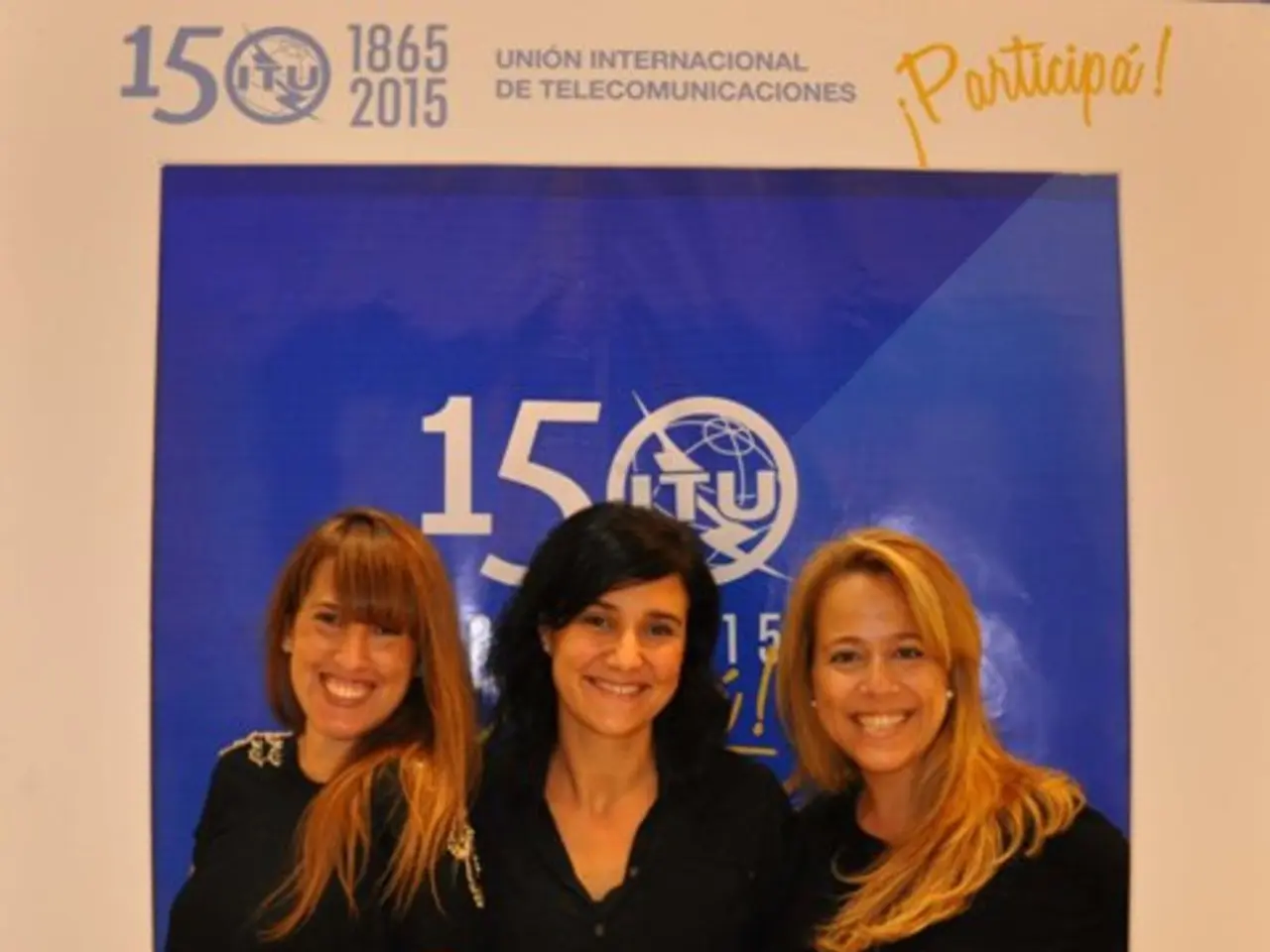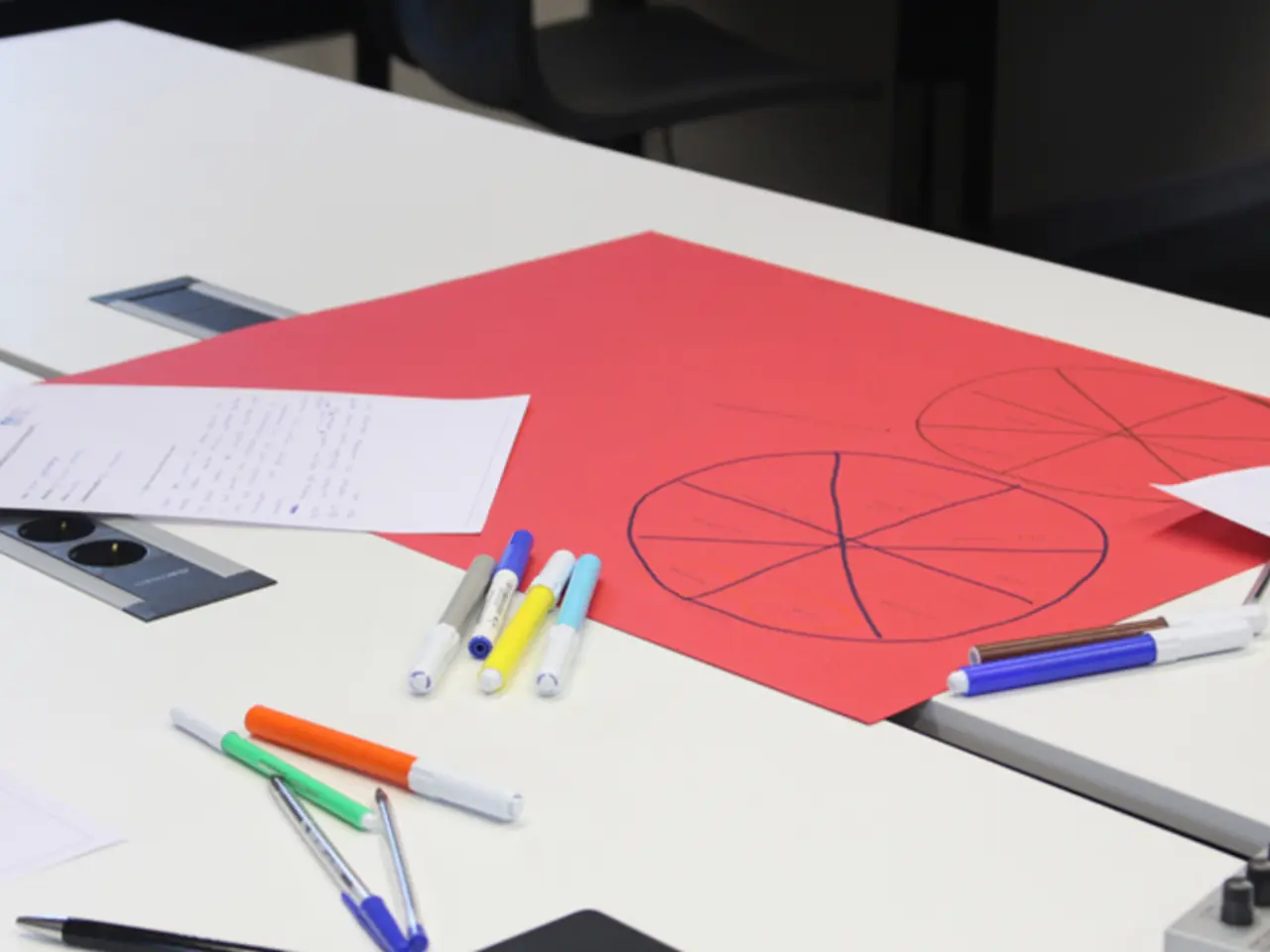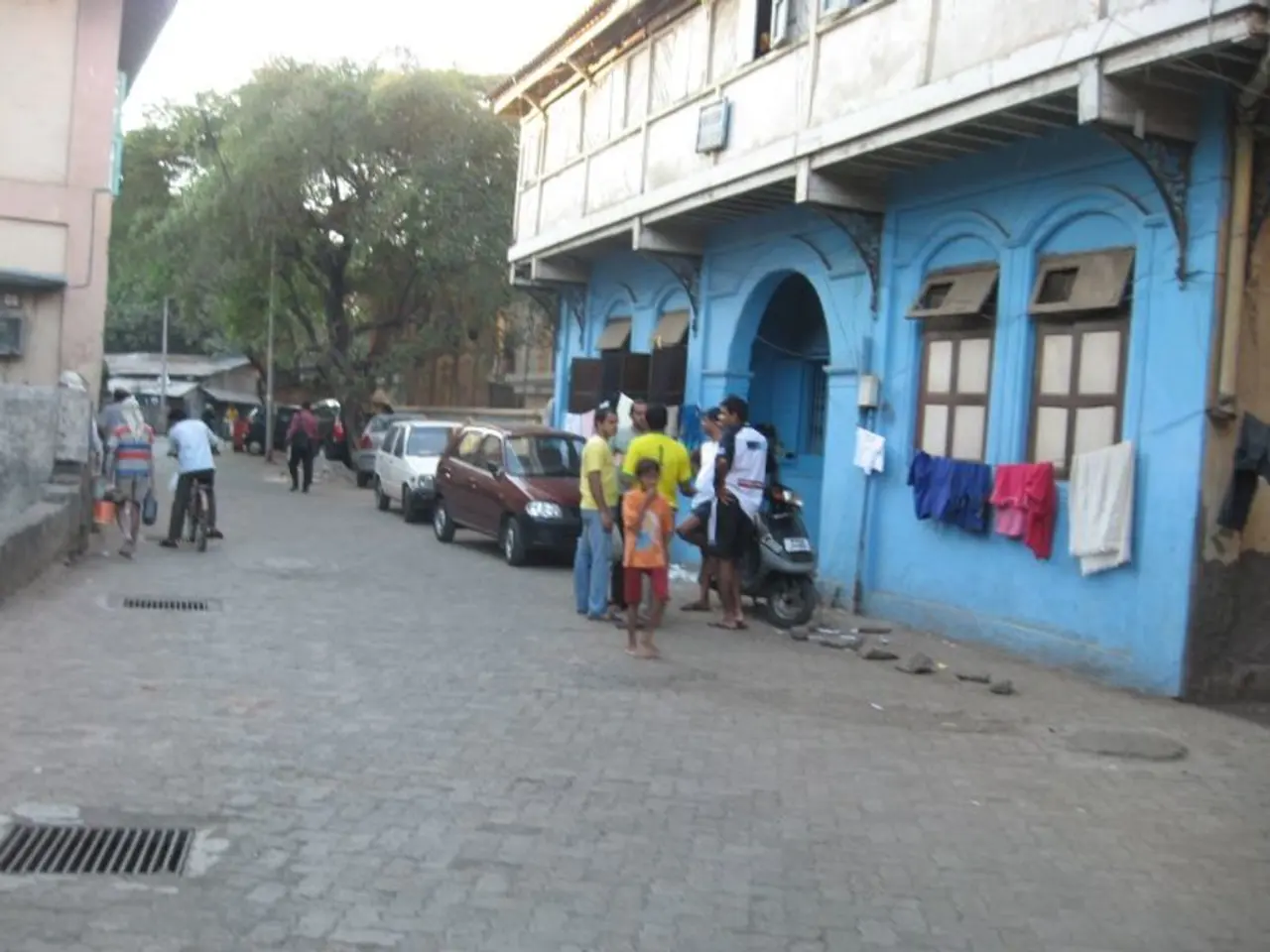Gather around, accumulate resources, form a circle
A Fresh Take: Keeping Charity Genuine – A New Code of Ethics for "Circle of Friends"
In a bold move, the "Circle of Good" fund unveiled a set of rules and ethical principles aimed at patient organizations and NGOs working alongside them. This groundbreaking announcement took place at the Public Chamber of Russia, with representatives from various collaborating organizations in attendance. The end goal? Establishing a solid foundation of professional and ethical practices within the charity sector.
Moderated by Anna Kudyra, deputy chairperson of "Circle of Good", the event was instrumental in setting forth the document that aims to shape the future of charitable work in Russia. Speeches from partners echoed a resounding approval of this new code of conduct.
According to Elena Balabanova, president of the "Society of Patients with Phenylketonuria" NGO, the code lays out clear expectations for all participants—from maintaining public trust to preventing corruption, and effectively assisting patients.
The document takes a stand against questionable fundraising methods, such as asking for donations directly into personal bank accounts orraising funds without proof of inability to access state programs. It also cautions against backing unproven treatments.
However, the code extends far beyond these issues, offering a broad overview of charity ethics. No collaboration is allowed with foreign agents or those supportive of non-governmental policies. Tobacco, alcohol, and other harmful products producers are also off limits. Even the appropriate attire for charity workers is addressed, with the expectation of business casual, formal, restrained, and neat outfits.
Maintaining trust and reputation is crucial in the charity sector, and the new guidelines are a significant step towards achieving this goal. Olga Gremyakova, founder of the "Gordey" fund for patients with Duchenne muscular dystrophy, summed it up perfectly—trust relies on clear agreements and boundaries.
Anna Kudyra adds that, in lieu of a formal institution of reputation, Russia's informal reputation system has a profound impact.
Several rating systems exist for charitable organizations in Russia, like "RusoFund Navigator." However, the "Circle of Good" seems hesitant to endorse specific ratings, such as the one offered by RAEX agency. Although they acknowledged our query, they did not specifically comment on their thoughts regarding the RAEX rating.
When rules are broken, "Circle of Good" has the authority to revoke an NGO's participation rights in its events or even suspend membership. However, this does not compromise the medication provided to the children under its care. The pressing question still remains—who is in charge of enforcing these rules and ensuring compliance with the code of ethics? To date, "Circle of Good" has not provided a definitive answer to this question.
Oksana Paschina, Rusfond Correspondent.
The new code of ethics for "Circle of Friends" in the charity sector, outlined by the "Circle of Good", extends to business practices within organizations, including prohibiting fundraising directly into personal bank accounts and preventing collaboration with foreign agents or tobacco industry.
Compliance with these ethical guidelines is crucial for maintaining trust and reputation in the charity sector, with "Circle of Good" having the power to revoke participation rights or suspend membership for violations, while ensuring the continued provision of medication to those under its care. However, it remains unclear who will be responsible for enforcing these regulations.





